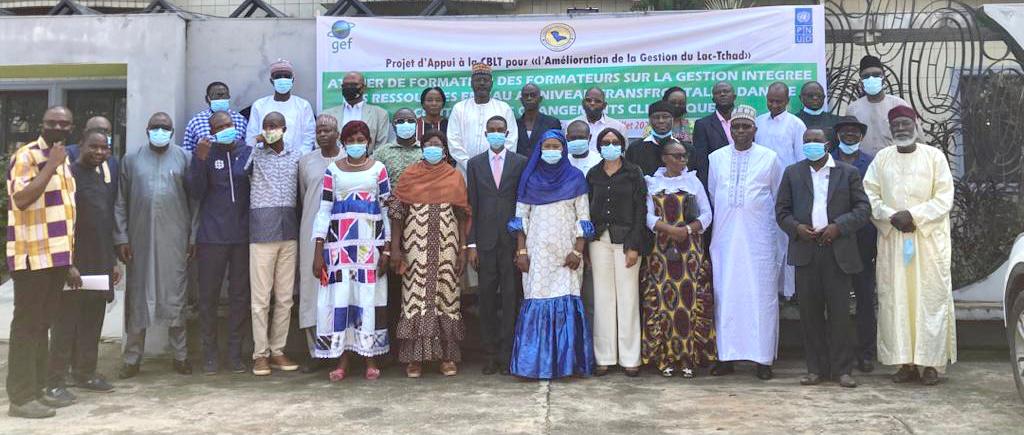The main objective of the Lake Chad Management Improvement Support project is to support the Lake Chad Basin Commission and member States (Chad, Cameroon, Niger, Nigeria, Central African Republic) in the ecosystem-based, integrated, and resilient management of the Lake Chad Basin.
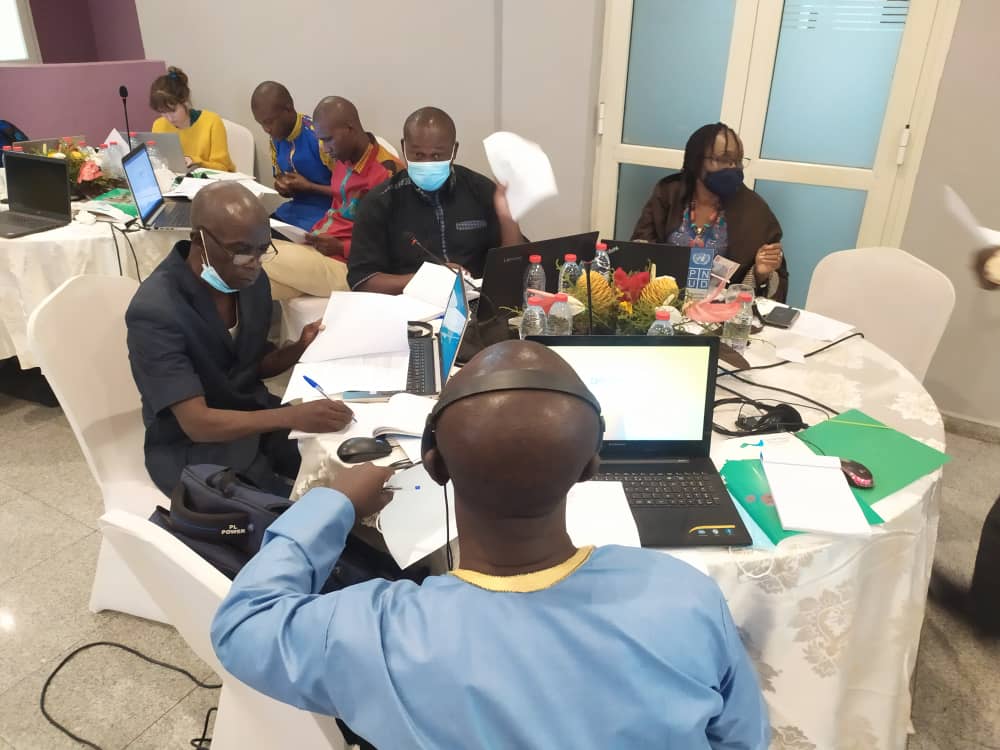
The four-day training aimed at contributing to the capacity building of the national and regional managers for a better management of water resources and ecosystems, with a focus on improving the joint management of surface and groundwater resources and resilience to climate change.
It was also an opportunity to promote cooperation between national experts and their counterparts in the LCBC to help harmonize monitoring and management approaches in the Lake Chad basin. The workshop was attended by thirty-nine (39) participants, 26% of them women from the member States (four representatives per country) and Executive Secretariat of the LCBC, UNDP Chad and GWP-CAf.
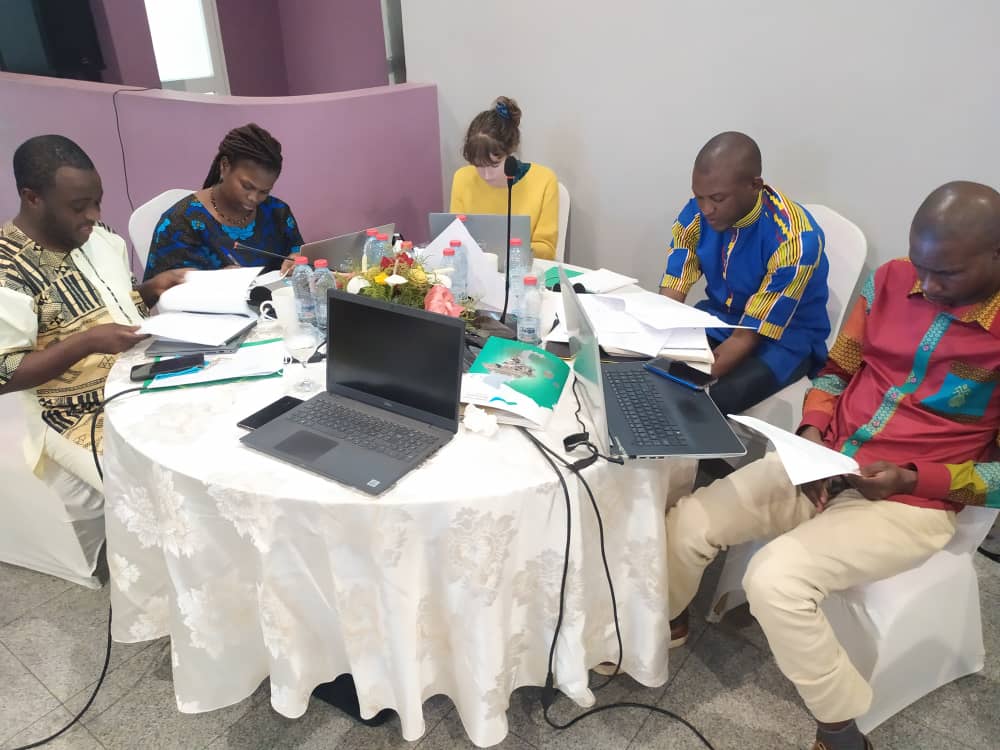
The program of the workshop built on existing projects of the LCBC and partners like the IUCN Regional Partnership for Water and the Environment for West and Central Africa (PREE) project implemented by GWP-West Africa in collaboration with GWP-CAf and the regional (Lake Chad Basin) Water, Climate, Development-Gender (WACDEP-G) Program implemented by GWP-CAf.
In his opening speech, the Representative of the LCBC Executive Secretariat, Mr. Alio Abdoulaye reiterated the context of the workshop before reassuring the participants that “more than ever, the LCBC Secretariat is committed to implementing all the relevant recommendations of this very significant workshop”.
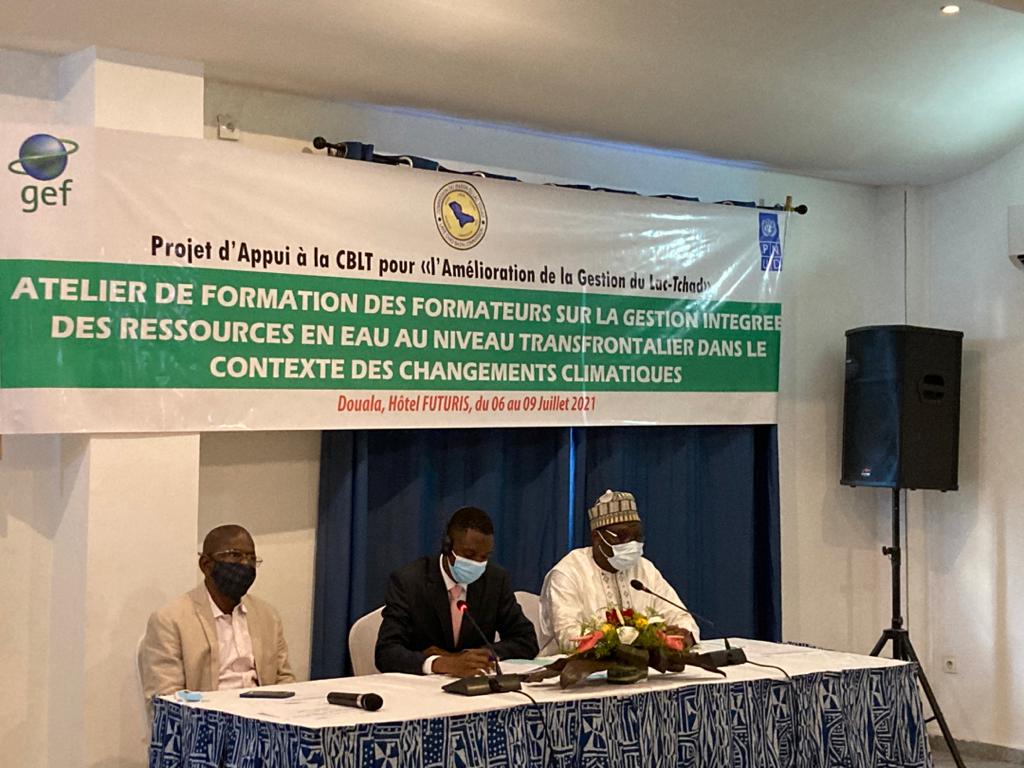
The interactive and participatory approach training had five main training modules;
Module 1 on the Overview and IWRM at the transboundary level
Module 2: Climate science and climate change adaptation and mitigation-
Module 3 focused on IWRM implementation, monitoring and evaluation at the cross-border level focus on IWRM principles stakeholder participation - example of the Waza-Logone floodplain project and gender – gender analysis and Gender sensitive budgeting.
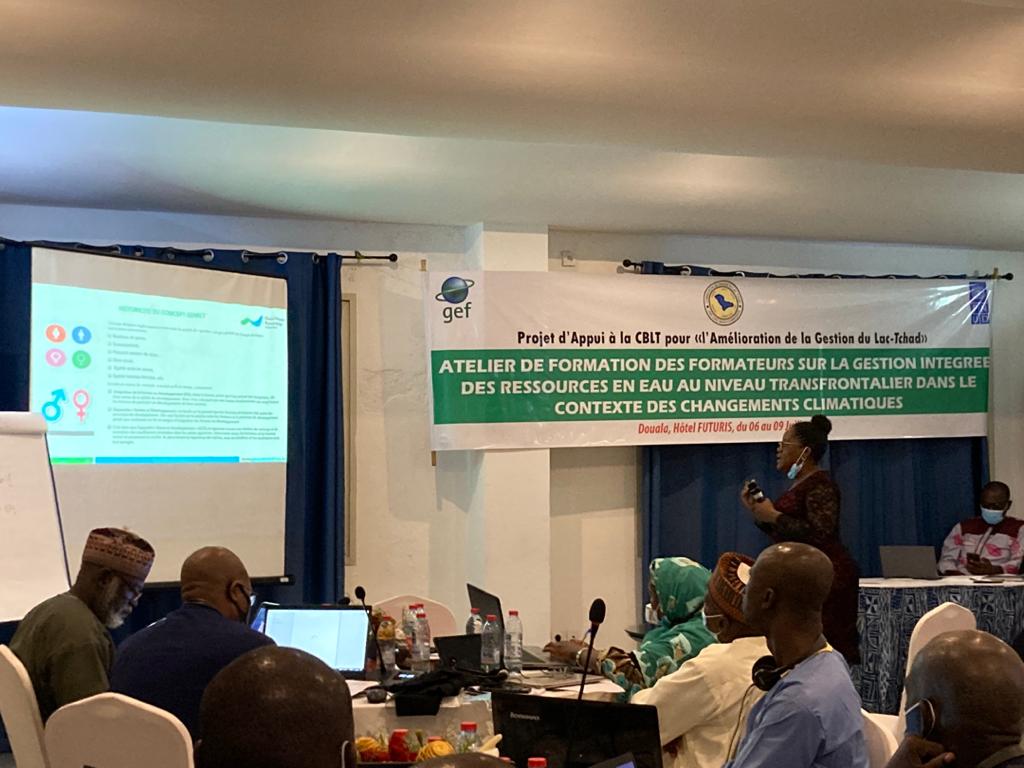
Module 4: Transboundary Cooperation and Shared Water Resources Management (focus on the UN water conventions, benefits of sharing water, level of implementation of the LCBC Water Charter, sharing knowledge of transboundary cooperation projects
Module 5 focused on the Great Green Wall Initiative
After the rich presentations and interactive discussions, the participants made some recommendations to the LCBC secretariat, member states and other actors. Some key recommendations include;
- Continue to establish the spirit of IWRM in the LCBC member states through the adoption of the sub-basin approach to work or intervention in the development and implementation of activities e.g. through demonstration or pilot projects;
- Continue and complete of the processes initiated for the effective implementation of the "Memorandum of Understanding for data exchange between the LCBC member countries" signed in 2008 in Abuja through the identification of key actors (data providers and Observatory), and the initiation of a process of signing MoUs or agreements with them.
This training of trainers is a great step towards ensuring the proper implementation of SDG 6.5.1 and 6.5.2 in the Lake Chad Basin area, improving the integrated management of the lake chad basin and reinforcing its adaptability to the impacts of climate change, through the active participation of all member states.
Background
As part of the continuous collaboration with the LCBC and within the framework of the 2019 MoU between GWP-CAf and the LCBC, GWP-CAf has been providing technical and logistical support to the Lake Chad Basin Commission (LCBC) inorder to foster IWRM, transboundary cooperation and climate resilience in the basin. This has been mainly through IWRM related trainings and joint projects with the LCBC which date as far back as 2016.
